 AD
AD
Today is: December 30
Scroll to explore events active on this date.
Additional Events on LEEP
LEEP INK FEATURES

August? Absolutely!
In August, we live through the Dog Days of Summer. It's hot and often humid, and those who can leave for better climates do. Down south, winter is in full force. August is also known as "the ...

In The Heat of July: July 2025 Events
Is it hot enough (or cold enough if you're below the equator) for you yet? There is actually a day for that! Like every month, I pick a diverse collection of events you may or may not know about. This ...

May Blooms: Events in May 2025
Along with October, May is one of the most densely packed months of the year. It's before the summer humidity and the last whole month of the school year. The weather is warming in t...
About Discoverers' Day in Hawaii
United States
Ends: Oct 12, 2025
DESCRIPTION:
Columbus Day / Discovery Day / Friendship Day / Día de la Hispanidad / Día de la Raza / Native Americans' Day / Discoverers' Day
Locations: Belize, Mexico, Bahamas, Puerto Rico, Virgin Islands, Spain, South Dakota & Hawaii, USA
These commemorations acknowledge a historic milestone. Its inception began with President Benjamin Harrison in 1892 due to a predicament. In 1891, an unruly mob in New Orleans took the lives of 11 Italian immigrants, of which three still possessed Italian citizenship. The irony was palpable; the very immigrants, from whom many Americans descended, were despised. After accusations of murder were levied against six Italians, a fueled mob retaliated, resulting in the death of those above 11.
This incident strained relations between the Harrison Administration and Italy. Italy withdrew its diplomats, while American representatives departed from Rome. Amid these tensions, Harrison faced re-election. With Italians becoming a significant electorate in the US, Harrison sought their favor. The upcoming 400th anniversary of Columbus' voyage presented an opportunity. Celebrating Columbus, an Italian figure, was deemed a strategic move. Columbus Day was declared a federal holiday in 1892, further cemented in 1934, and adjusted in 1968.
Columbus Day remembers the period between October 11-15, 1492, marking Columbus' discovery. Initially thinking he had found a route to India on October 12, he had landed in the Bahamas, recognizing its true identity only later. Different nations honor this day uniquely: Belize celebrates it as Columbus Day, the Bahamas as Discovery Day, Spain as Día de la Hispanidad, Puerto Rico and the Virgin Islands as Friendship Day, and Mexico as Día de la Raza. The USA also acknowledges it with Native Americans' Day and Hawaii Discoverers' Day.
FIRST EUROPEANS
While Columbus is credited with discovering the Caribbean islands, he wasn't the first European to land on the American mainland. That distinction goes to Viking Leif Eriksson in 1000 AD, preceded by a sighting in 999 AD. He dubbed this land Helluland and eventually settled in what's now Newfoundland, named Vinland, due to its vine-rich landscape.
Eriksson's discovery site was later unearthed at L'Anse aux Meadows, now a UNESCO World Heritage site. However, the first European to glimpse America was Viking Bjarni Herjolfsson in 986 AD. Though he didn't land, he paved the way for Eriksson's later discovery. Significantly, the initial Norwegian immigrants arrived in the US on October 9, 1825. By 1964, this date was commemorated as Leif Eriksson Day.
CONTROVERSY OVER COLUMBUS
Columbus Day has become controversial in the United States because his discovery also led to the genocide of Native Americans, who lost 90% of their people over the next 400 years due to illness, enforced poverty, land theft, discrimination, and wars. That Columbus initiated colonialism through his discovery, which led to slavery and the disenfranchisement of Native Americans, is another reason several groups do not want the day or the explorer remembered. However, Columbus Day is significant to Italian Americans, who view the explorer with great pride. An Italian, he sailed to America under the patronage of the Spanish King and Queen.
As far as I can tell, Alabama, in 2000, was the first state to change Columbus Day to American Indian Day in honor of America's indigenous people.
By 2020, the Black Lives Matter movement, Native American organizations, and other social justice movements continued to call into question Columbus' legacy and advocate for the abolition of the holiday. In 2021, after a rise of activism to recognize indigenous people in the United States rather than their colonizers, President Biden proclaimed the first-ever National Indigenous Peoples' Day instead of Columbus Day.
VIDEOS
Currently, this event does not have supporting videos.
SUPPORTING DOCUMENTS
Currently, this event does not have supporting documents.
ADDITIONAL IMAGES
Currently, this event does not have supporting images.
Where would you like to go now?
 AD
AD



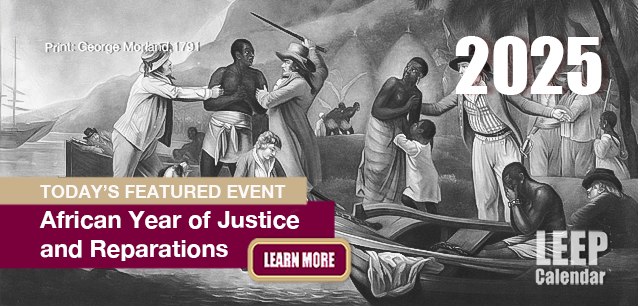




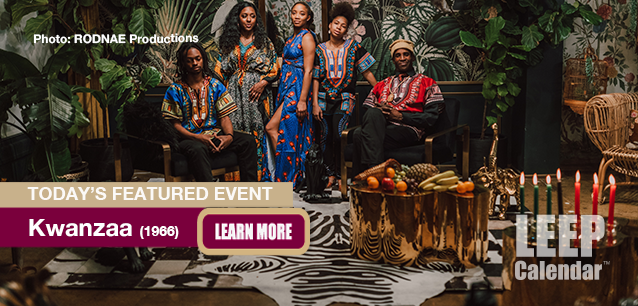

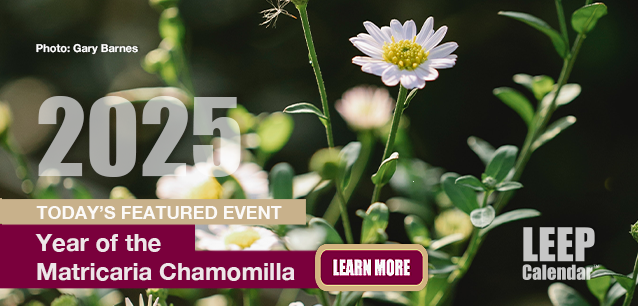
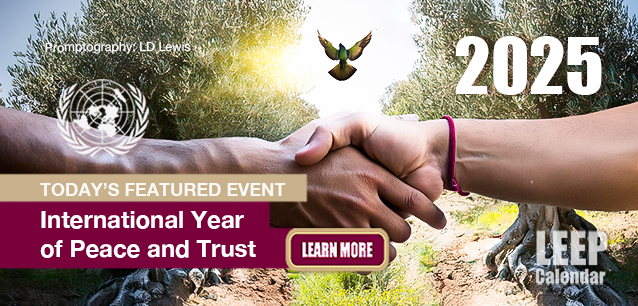












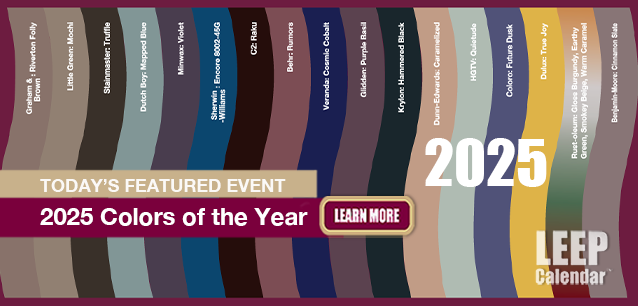














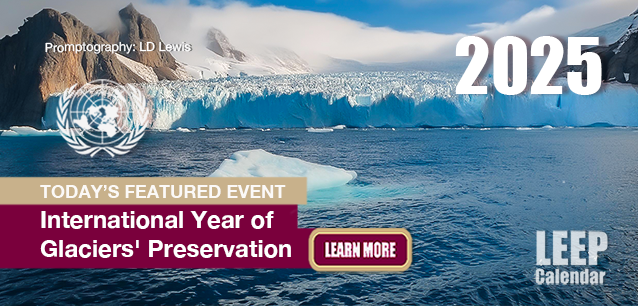











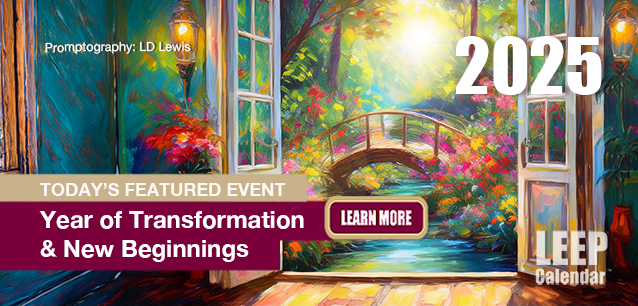


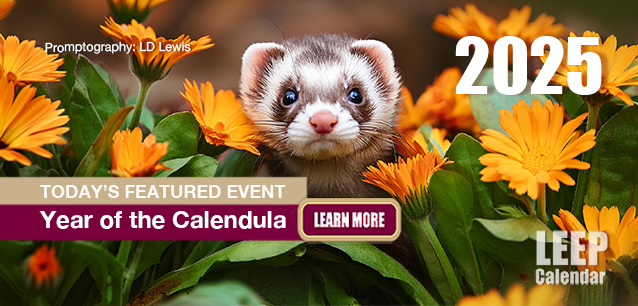


/footer-logo.svg)
